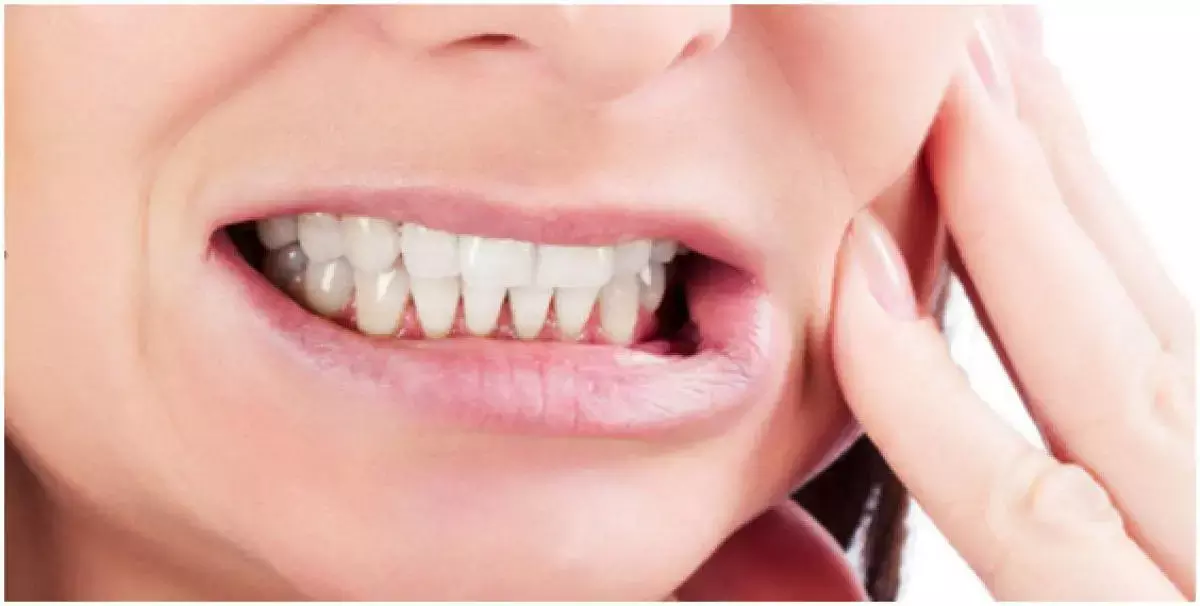- Home
- Medical news & Guidelines
- Anesthesiology
- Cardiology and CTVS
- Critical Care
- Dentistry
- Dermatology
- Diabetes and Endocrinology
- ENT
- Gastroenterology
- Medicine
- Nephrology
- Neurology
- Obstretics-Gynaecology
- Oncology
- Ophthalmology
- Orthopaedics
- Pediatrics-Neonatology
- Psychiatry
- Pulmonology
- Radiology
- Surgery
- Urology
- Laboratory Medicine
- Diet
- Nursing
- Paramedical
- Physiotherapy
- Health news
- Fact Check
- Bone Health Fact Check
- Brain Health Fact Check
- Cancer Related Fact Check
- Child Care Fact Check
- Dental and oral health fact check
- Diabetes and metabolic health fact check
- Diet and Nutrition Fact Check
- Eye and ENT Care Fact Check
- Fitness fact check
- Gut health fact check
- Heart health fact check
- Kidney health fact check
- Medical education fact check
- Men's health fact check
- Respiratory fact check
- Skin and hair care fact check
- Vaccine and Immunization fact check
- Women's health fact check
- AYUSH
- State News
- Andaman and Nicobar Islands
- Andhra Pradesh
- Arunachal Pradesh
- Assam
- Bihar
- Chandigarh
- Chattisgarh
- Dadra and Nagar Haveli
- Daman and Diu
- Delhi
- Goa
- Gujarat
- Haryana
- Himachal Pradesh
- Jammu & Kashmir
- Jharkhand
- Karnataka
- Kerala
- Ladakh
- Lakshadweep
- Madhya Pradesh
- Maharashtra
- Manipur
- Meghalaya
- Mizoram
- Nagaland
- Odisha
- Puducherry
- Punjab
- Rajasthan
- Sikkim
- Tamil Nadu
- Telangana
- Tripura
- Uttar Pradesh
- Uttrakhand
- West Bengal
- Medical Education
- Industry
Sleep bruxism in children associated with higher anxiety and sadness: Study

A new study published in the journal of Nature Scientific Reports showed that children with sleep bruxism around ages 6 to 17, had significantly higher anxiety and sadness ratings.
Teeth grinding while sleeping, or sleep bruxism, is a prevalent but little-known disorder among kids. Recent studies point to a potential connection between mental health conditions, including anxiety and depression, and sleep bruxism. Involuntary muscle activity during sleep is one way that children who are emotionally distressed may express their stress, which can cause tooth wear, jaw pain, and disturbed sleep.
Increased sympathetic nervous system activity and altered sleep architecture are suggested factors, while the precise processes are yet unknown. It is critical to comprehend this relationship because early identification of sleep bruxism may function as a clinical signal. This study investigated the potential connections between children's demographics, anxiety, depression, and sleep bruxism. This case-control design comprised 98 kids between the ages of 6 and 17.
This case-control design includes 98 children between the ages of 6 and 17 (49 with bruxism and 49 controls). Intraoral exams were used to confirm diagnosis based on the American Academy of Sleep Medicine criteria after parents filled out bruxism questionnaires. The Beck Anxiety Inventory and the Children's Depression Inventory were used for psychological evaluations. To investigate relationships between sleep bruxism, anxiety, depression, and demographic factors, statistical analyses were carried out.
Adolescents with sleep bruxism between the ages of 13 and 17 showed greater levels of anxiety and sadness, but there were no discernible variations across age groups. A one-unit hike in anxiety ratings may increase the risk of bruxism in teenagers by 2.2 times, according to regression analysis. Anxiety levels were nearly twice as high in female adolescents with bruxism as in male adolescents.
There were no discernible correlations found between demographic factors and bruxism. Given the possible link to sleep bruxism, early dental referrals for kids with high anxiety or depression scores may be taken into consideration. Anxiety, depression, and bruxism may be connected, even if this study does not show a direct connection or causality.
Overall, there was no discernible connection between children's mental health and bruxism in this study. However, early dental referrals, particularly for children between the ages of 13 and 17, may be beneficial. Timely diagnosis and prevention of dental and psychological consequences depend on coordinated treatment between dentists and child psychiatrists.
Reference:
Büyüknalbant, E., Aydınbelge, M., Sarı, Ş., & Demir, P. (2025). A case-control study on the relationship between sleep bruxism and mental health conditions, depression and anxiety, in children. Scientific Reports, 15(1), 37886. https://doi.org/10.1038/s41598-025-21679-y
Neuroscience Masters graduate
Jacinthlyn Sylvia, a Neuroscience Master's graduate from Chennai has worked extensively in deciphering the neurobiology of cognition and motor control in aging. She also has spread-out exposure to Neurosurgery from her Bachelor’s. She is currently involved in active Neuro-Oncology research. She is an upcoming neuroscientist with a fiery passion for writing. Her news cover at Medical Dialogues feature recent discoveries and updates from the healthcare and biomedical research fields. She can be reached at editorial@medicaldialogues.in
Dr Kamal Kant Kohli-MBBS, DTCD- a chest specialist with more than 30 years of practice and a flair for writing clinical articles, Dr Kamal Kant Kohli joined Medical Dialogues as a Chief Editor of Medical News. Besides writing articles, as an editor, he proofreads and verifies all the medical content published on Medical Dialogues including those coming from journals, studies,medical conferences,guidelines etc. Email: drkohli@medicaldialogues.in. Contact no. 011-43720751


